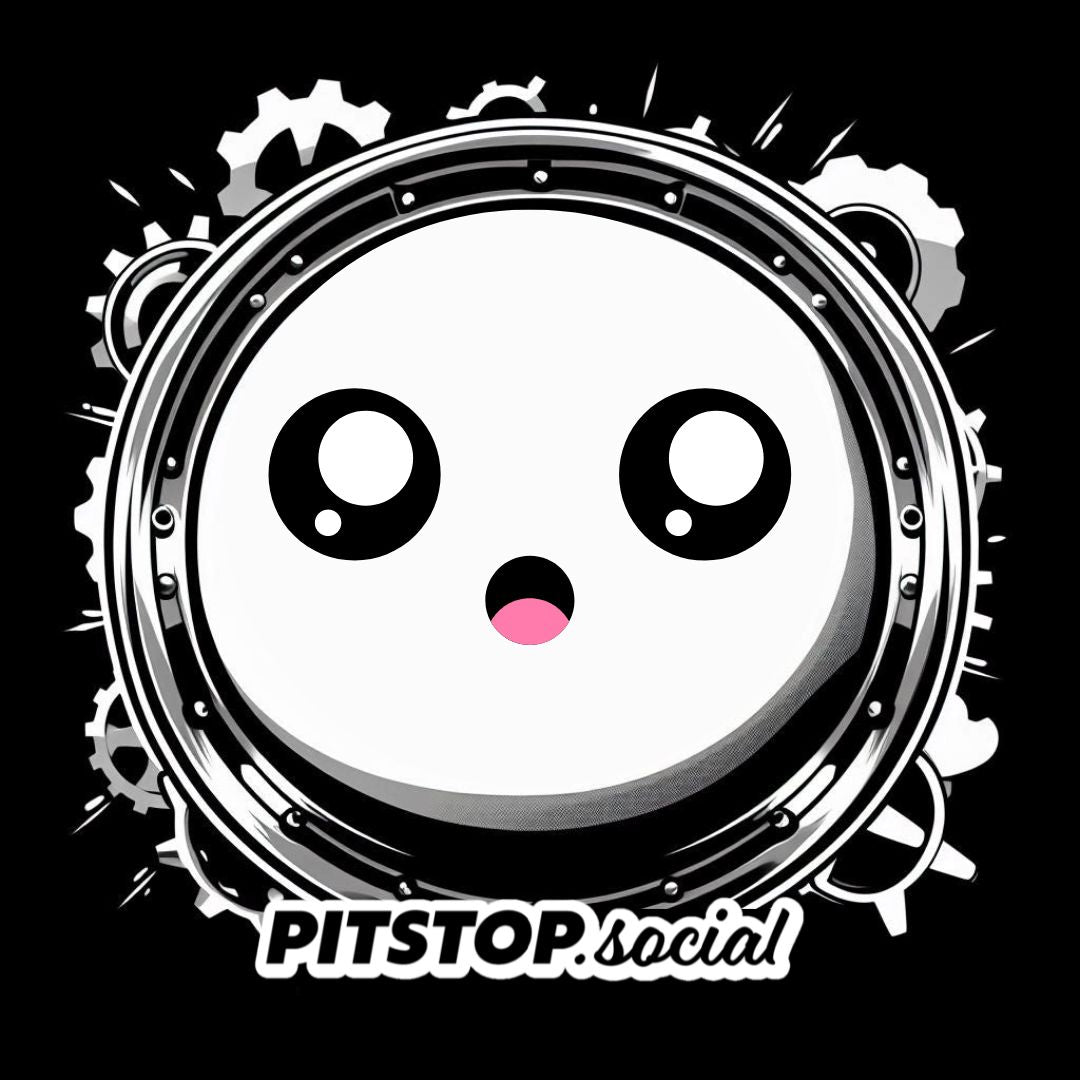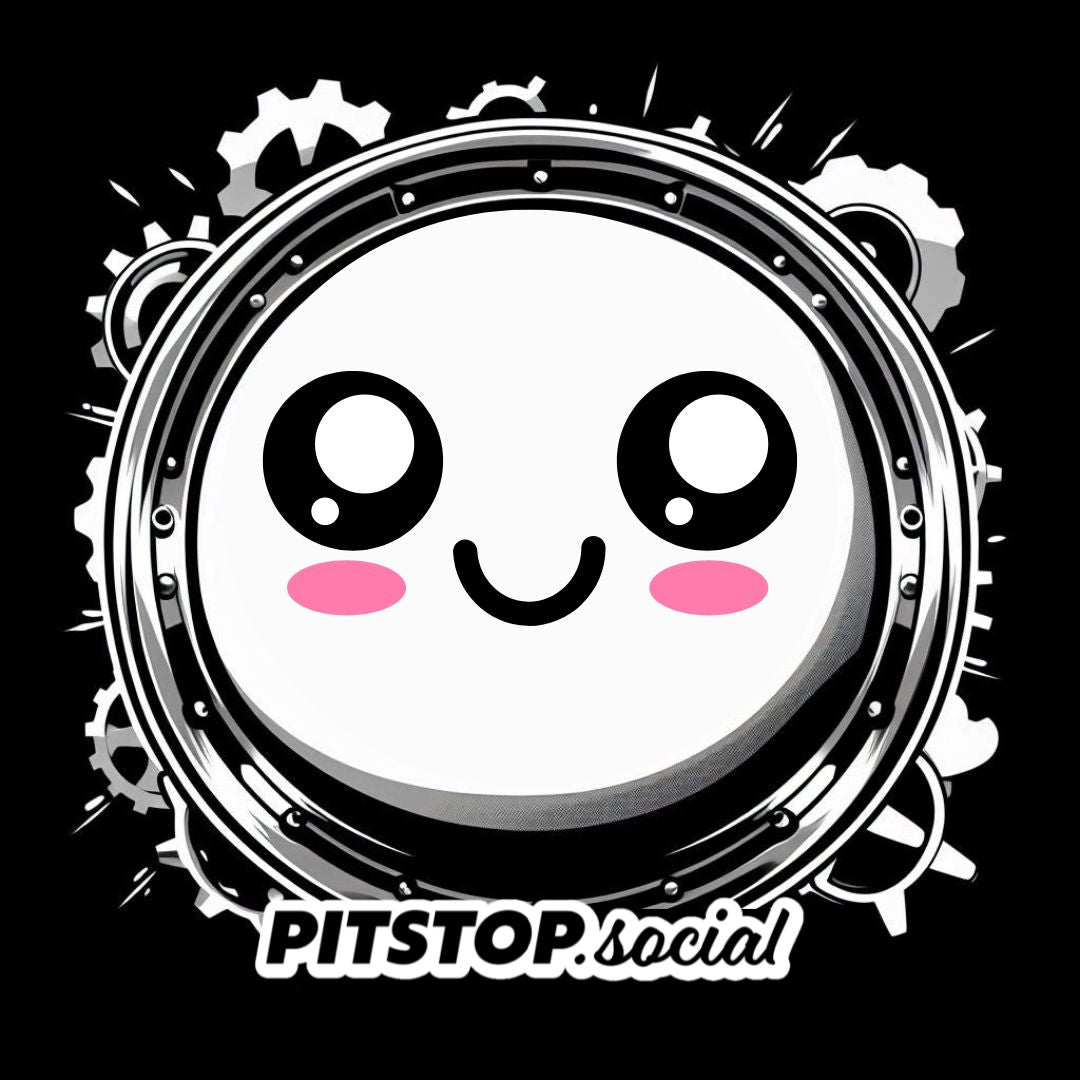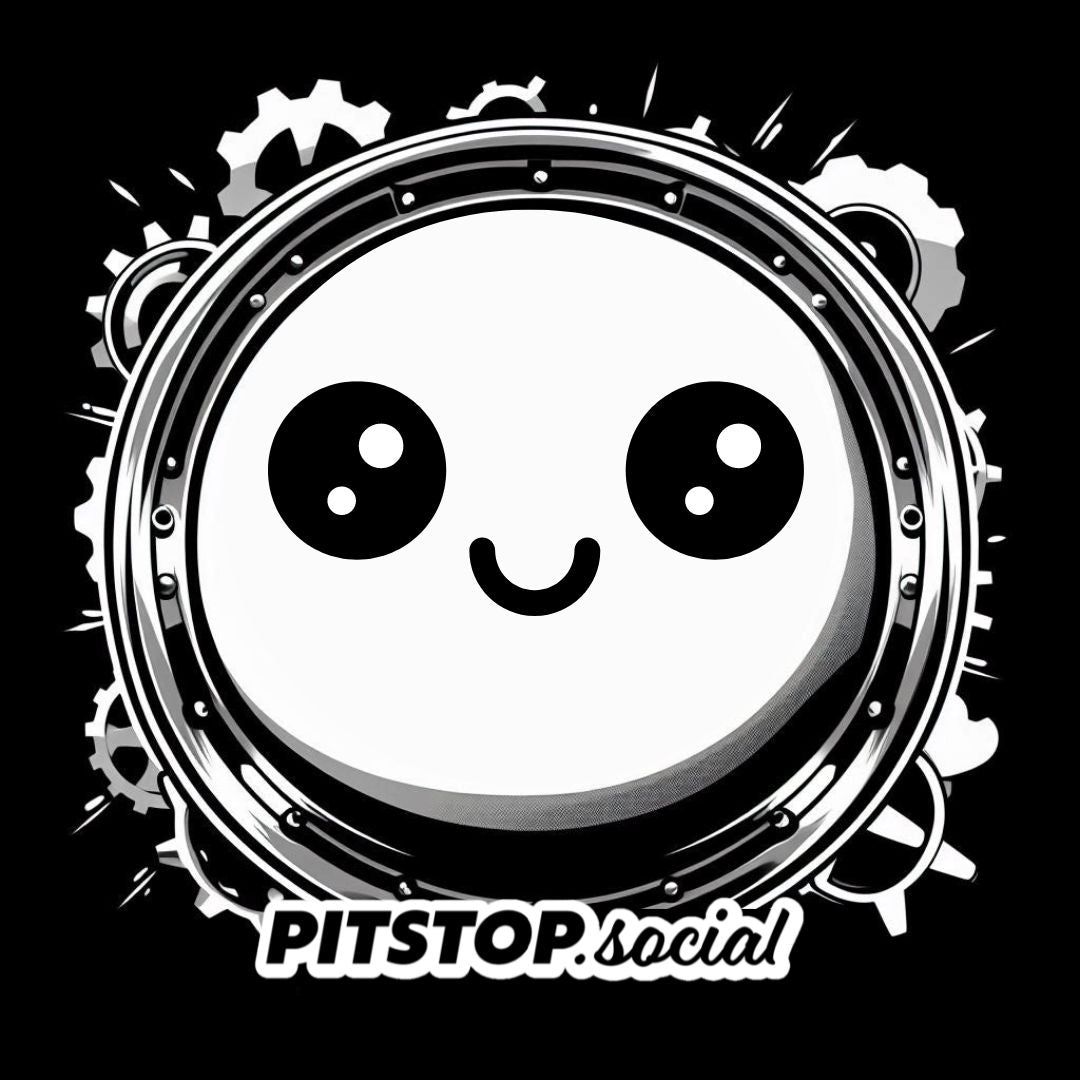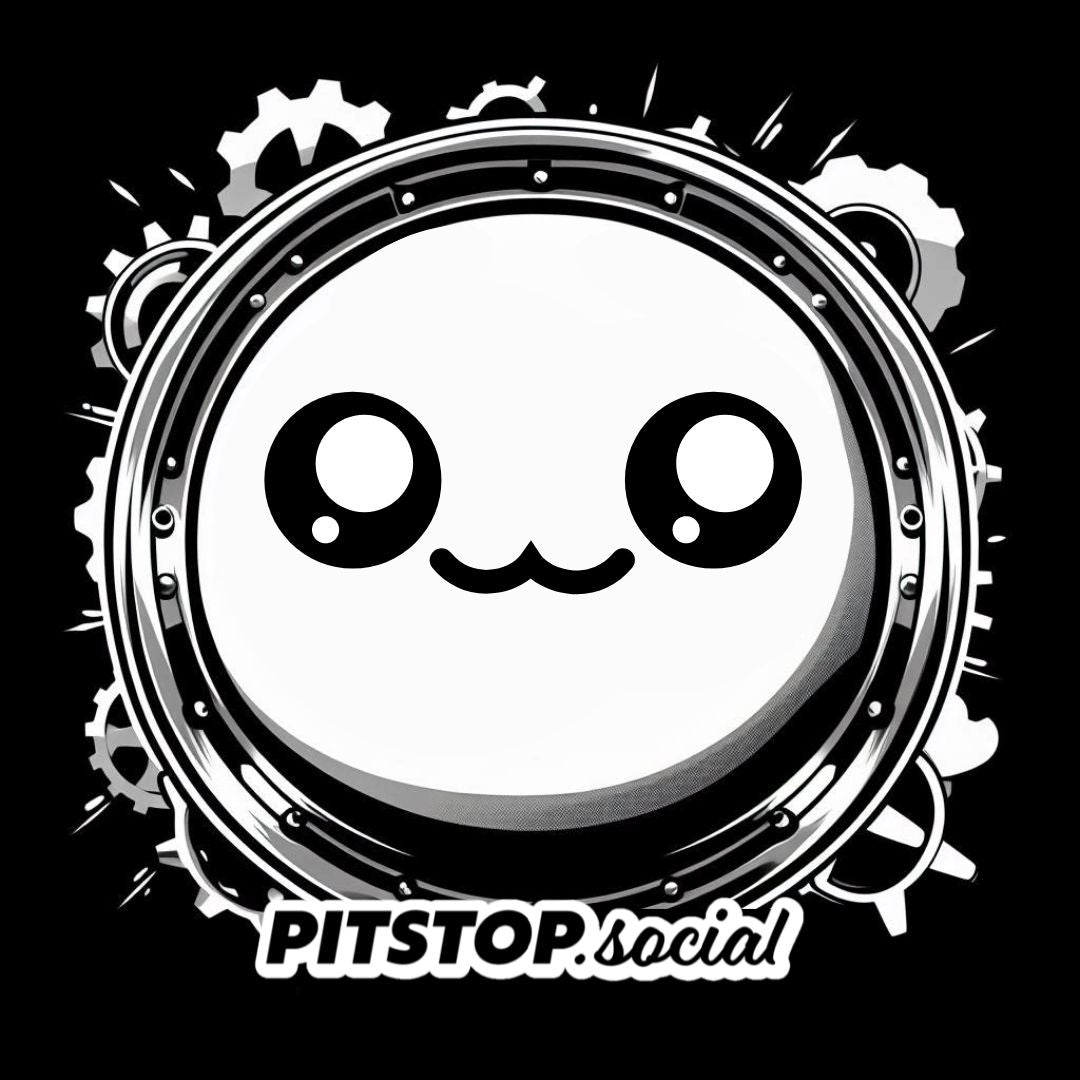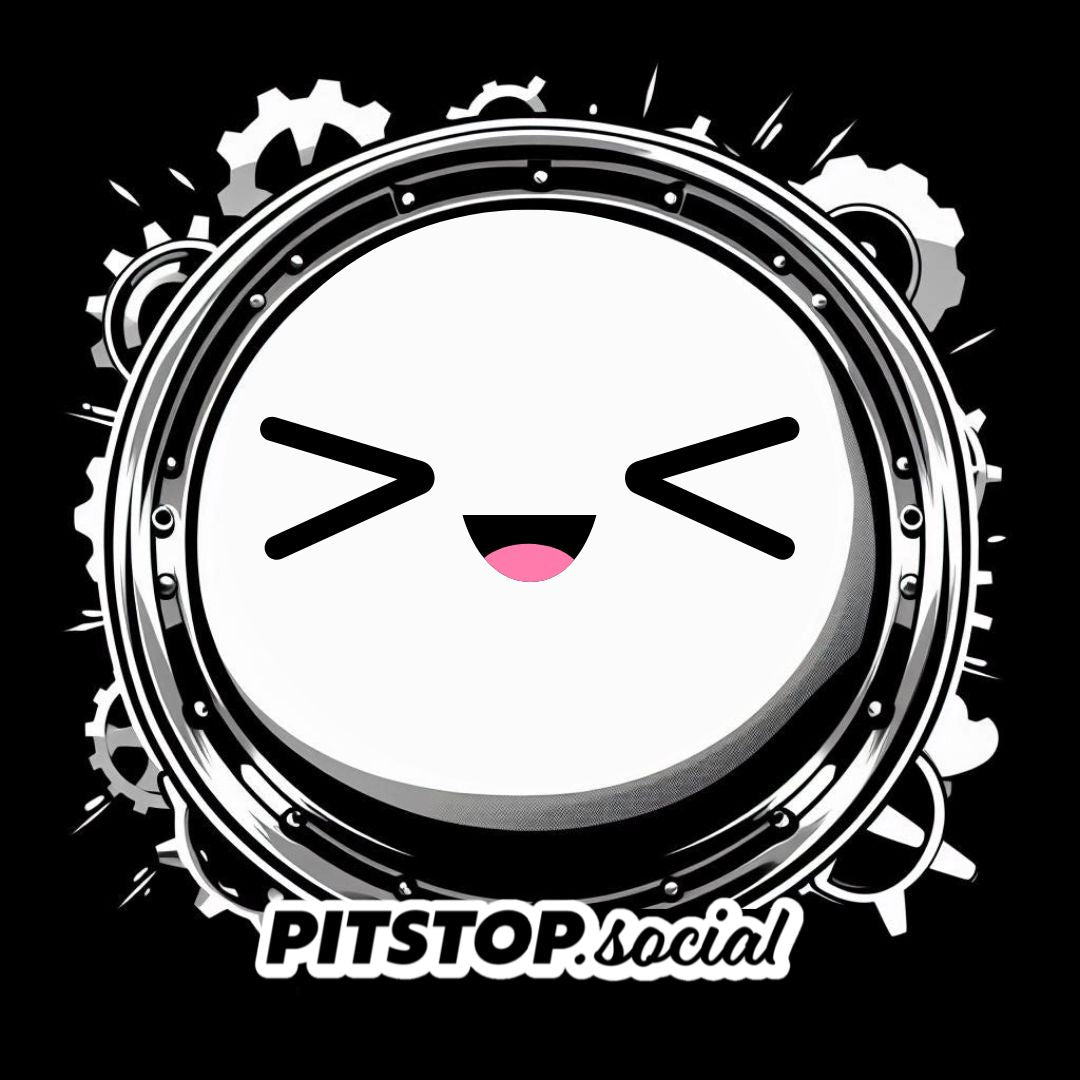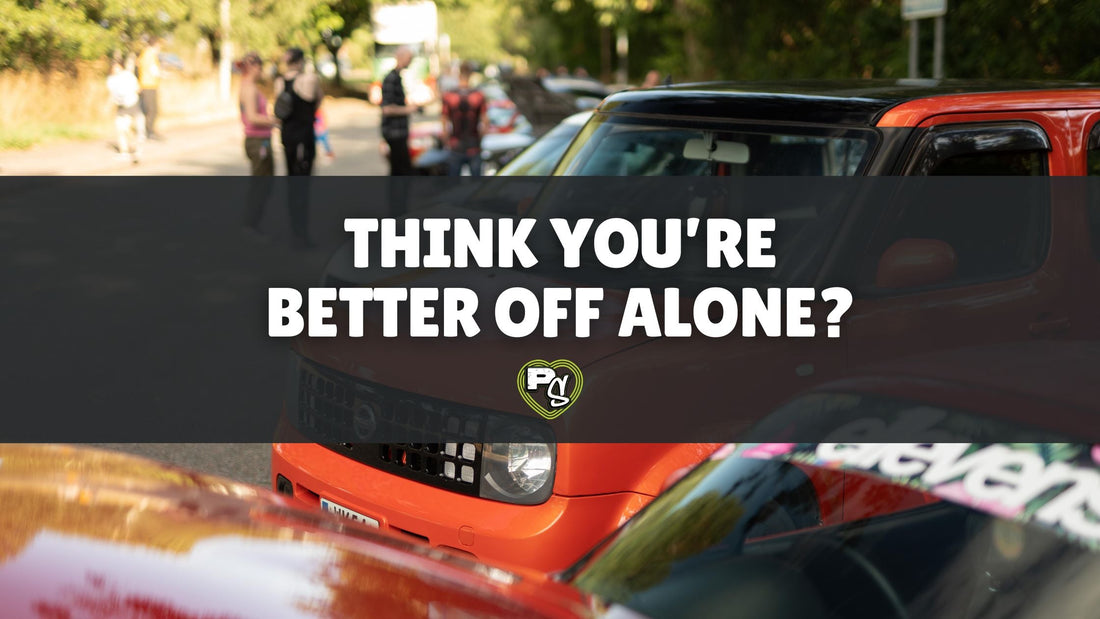
Share
The Truth About Socialising: Why Your Brain Needs It (Even If You Think It Doesn’t)
JDMClareFeeling Drained? The Problem Might Not Be Socialising - It Might Be How You’re Doing It
Ever felt like your social battery is constantly running on empty? You’re not alone. We often think socialising is an all-or-nothing game... either you're an outgoing, party-loving extrovert or a lone wolf who thrives in solitude. But what if the problem isn’t socialising itself, but how we approach it?
Your brain is wired for connection. In fact, avoiding social interaction might be making you feel worse. Let’s break down some common myths and explore how small social habits can actually improve your mental health.
🚨 Myth #1: “I’m Just an Introvert, That’s Why I Avoid Socialising”
➡ Reality: Being introverted doesn’t mean you don’t need connection - it just means you need the right kind of connection. Social burnout and introversion are not the same thing.
🔹 Social burnout signs: You feel exhausted even after short conversations, dread interactions, or feel emotionally numb.
🔹 Introversion signs: You genuinely enjoy alone time, prefer deep conversations over small talk, and recharge best in low-key environments.
Fix it: Instead of forcing yourself into high-energy situations, try low-pressure interactions - voice notes instead of calls, small group meetups instead of big events, or even casual online communities.
🚨 Myth #2: “Socialising Means I Have to Be Around People All the Time”
➡ Reality: Quality matters more than quantity. You don’t need to be constantly social to reap the benefits - meaningful, well-spaced interactions are enough.
🔹 Why this is false: Being social doesn’t mean you have to fill your calendar with plans. Small, intentional moments of connection can be just as beneficial as long hangouts.
Fix it: Prioritise interactions that bring you joy - this could be a deep conversation with a friend, engaging in an online community, or even exchanging a few kind words with a stranger.
🚨 Myth #3: “Online Friendships Aren’t Real Friendships”
➡ Reality: Virtual connections can be just as meaningful and supportive as in-person ones.
🔹 Why this is false: Studies show that online friendships, especially for neurodivergent individuals or those with social anxiety, can provide deep emotional support and reduce loneliness.
Fix it: Engage in online communities, gaming groups, or long-distance friendships. Voice messages and video calls can strengthen these bonds.
🚨 Myth #4: “I Need to Be in a Good Mood to Socialise”
➡ Reality: Socialising can actually lift your mood, even if you don’t feel like it at first.
🔹 Why this is false: Research shows that even minor social interactions (like chatting with a stranger or texting a friend) release dopamine and oxytocin, helping improve mood.
Fix it: Instead of isolating when feeling low, try sending a simple text or stepping out for a casual chat - you might feel better afterward.
🚨 Myth #5: “If I Struggle Socially, I’m Just Bad at Making Friends”
➡ Reality: Social skills can be learned and improved, just like any other skill.
🔹 Why this is false: Many people struggle with social interactions due to anxiety, neurodivergence, or lack of practice - not because they’re inherently bad at it.
Fix it: Start small! Practice active listening, ask open-ended questions, and experiment with different types of socialising to find what works best for you.
💡 Tiny Social Habits That Make a Big Difference
If socialising feels overwhelming, start small. Here are quick, low-effort ways to build connection:
✅ Send a “thinking of you” text 📲
✅ React to someone’s Instagram story (easy convo starter!) 💬
✅ Join an online group or Discord server 👥
✅ Plan low-effort social time (coffee chats, casual walks) ☕
✅ Smile or say hi in passing - small interactions boost mood 😊
Why it works: Even micro-interactions release oxytocin and dopamine, reducing stress and making you feel more connected to the world around you.
😳 Loneliness Is Sneaky - Here’s How It Shows Up
You might not feel lonely, but your brain knows. Here are some surprising signs:
❌ You scroll endlessly but feel disconnected 📱
❌ You work extra hours just to avoid free time ⏳
❌ You ghost texts but secretly hope someone checks in 👀
❌ You have mood swings for “no reason” 🎢
❌ You feel “off” but can’t explain why 😞
What to do: Recognising these patterns is step one. Step two? Start reconnecting - on your terms.
🎤 Social Anxiety Hacks That Actually Help
If talking to people makes you anxious, try these quick tricks:
1️⃣ Reframe nerves as excitement - your body processes them the same way! 🚀
2️⃣ Use the “FORD” method - ask about Family, Occupation, Recreation, Dreams to keep convos flowing. 🔄
3️⃣ Mirror the other person’s energy - instant connection booster! ⚡
4️⃣ End convos smoothly - “I’ll let you go” = no awkwardness. 😌
5️⃣ Turn convos into a game - “Would you rather” or funny questions make it fun. 🤔
🧠 The Science of Connection: Why Your Brain Craves Socialising
Your brain needs social interaction like it needs food. Here’s why:
🔬Releases oxytocin & dopamine = instant mood boost 😌
🔬 Lowers cortisol (stress hormone) = less anxiety 🧘
🔬 Talking things out = better mental clarity & problem-solving 💡
🔬 Even texting a friend = dopamine hit = better mental health 📲
🔬 Studies show people with strong social networks live longer! ⏳
Final Thoughts: How to Make Socialising Work for You
🔹 Don’t force social interactions - adjust them to fit your energy levels.
🔹 Micro-interactions matter! Even small connections can lift your mood.
🔹 Loneliness isn’t always obvious - pay attention to subtle signs.
🔹 If social anxiety holds you back, try small hacks to ease the pressure.
You don’t have to be a social butterfly to benefit from connection. Start small, find what works for you, and watch how it transforms your mental health.
💬 Which social habit do you want to try first?
⚡ Follow PITSTOP.Social on Instagram for more supportive content!




